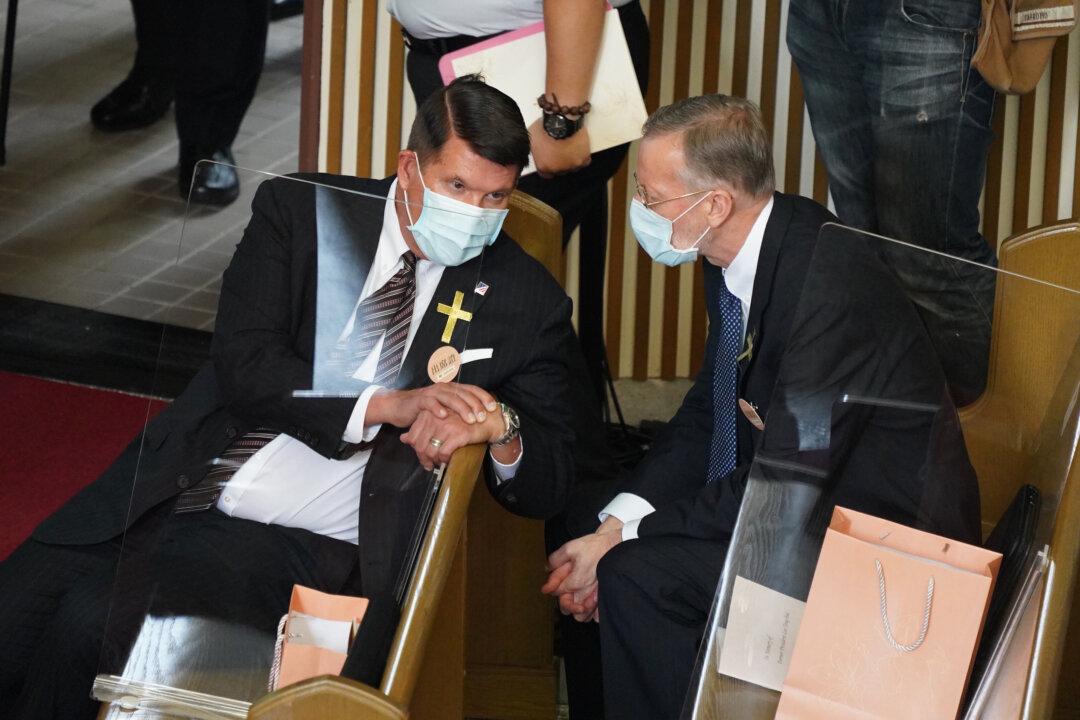WASHINGTON—Washington has long been cautious in dealing with the Taiwan issue for fear of provoking the regime in Beijing and heightening tensions. The tone of U.S.–Taiwan relations, however, has dramatically changed under the Trump administration, particularly since a September 2020 visit to Taipei by a senior U.S. official that paved the way for new economic dialogue.
On Jan. 9, the United States lifted restrictions on contact with Taiwanese officials, marking the latest move to deepen ties with the democratic island.





